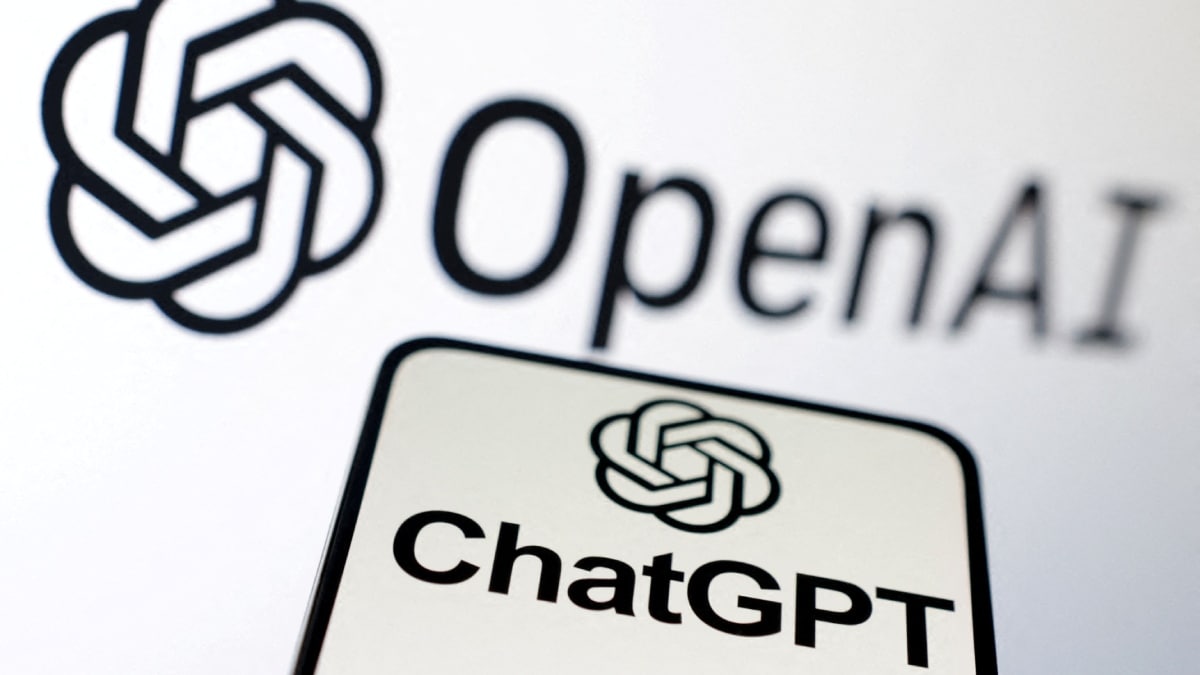Air India, until recently tied to an antiquated manual pricing system when setting airfares, is shifting to algorithm-based software long used by rivals to help it squeeze out more revenue from each flight.
In another sign of the formerly government-owned carrier’s whirlwind transformation under its new owner Tata Group, Air India is testing ChatGPT, OpenAI’s popular chatbot, to replace paper-based practices.
The push to modernise underscores the decay left by years of under-investment as Air India looks to shed decades-old bureaucratic processes and recapture customers from Dubai’s Emirates and powerful domestic rival IndiGo.
“Frankly the system is almost so bad it’s good,” Chief Executive Officer Campbell Wilson told Indian airline executives last week, adding that this offered the chance to start from scratch rather than “jury-rig” existing architecture.
Air India is not only reworking every aspect of operations – from systems to supply chains – but integrating four Tata-related airlines, with Air India due to merge with Vistara while low-cost Air India Express and AirAsia India also converge.
Some areas, such as technology, allow for a clean-sheet approach, the 52-year-old New Zealander said, which is why he is putting artificial intelligence (AI) and other tools at the centre of Air India’s reboot.
Modern “revenue management” software aims to stay one step ahead of demand, continuously anticipating where people want to go and how much each individual flyer is prepared to pay, rather than the old method of having one fare for each block of seats.
The result is higher revenue per flight, making it low-hanging fruit in the company’s transformation.
Fixing the fleet
Wilson faces a tangle of fleets and staff as daunting as Delhi’s zig-zagging traffic, leaving the airline’s path to profit strewn with obstacles.
“Complexity is the curse of airlines,” said Keith McMullan, partner at UK-based consultancy Aviation Strategy, who has experience in the Indian market.
“What they are saying is absolutely right – they should go back to a blank piece of paper, but saying it and actually doing it are two very different things,” he said. “The danger is that you keep on fighting legacy-related fires.”
Air India’s success is critical for Prime Minister Narendra Modi’s government, which wants to harness its scale and reach to turn India into a global aviation force like Dubai or Singapore.
Wilson’s immediate game plan is to tackle pressing problems to get idle planes flying before Air India starts receiving the 470 jets ordered in a record deal last month.
For instance, it is working with Tata Technologies to build locally some plastic components for economy-class seats instead of waiting for suppliers to deliver the obsolete parts.
And it is grabbing what planes it can find on lease while reworking its network strategy to attract Indians overseas.
Any inconsistencies can be ironed out as the turnaround gathers momentum, Wilson said in an interview on the sidelines of the CAPA India conference last week.
“This is a transformation as well as a startup,” said Wilson who was appointed to lead the turnaround last year by Tata after it regained control of the carrier.
“In a startup, you just do what you need to do to get going and then you refine along the way,” he told Reuters, drawing from this experience of being the founding chief of Singapore Airlines’ budget carrier Scoot.
But he said a clean-sheet approach cannot and should not be applied everywhere.
Merger challenges
Analysts say Wilson’s staggered turnaround plans will be severely tested as Air India executes the twin mergers.
Airline mergers in India have had little success with Air India still hobbled by the botched integration of Indian Airlines in 2007. Jet Airways’ takeover of Sahara and Kingfisher’s merger with Air Deccan hurt them for years.
Jet and Kingfisher are now bankrupt.
Air India’s planes are already a mix of Airbus and Boeing jets with multiple cabin configurations. This will be further complicated when it absorbs the new carriers.
“Managing mixed fleets is a nightmare and given a choice no airline would want to do it,” Vinod Kannan, chief executive of Tata-Singapore Airlines joint-venture Vistara, told Reuters.
Once an inspiration for Singapore Airlines, Air India is now far behind, especially on service and punctuality – areas it must improve swiftly if it wants to reclaim share from the Gulf carriers, who carry most of India’s international traffic.
There are some early signs of success: Air India’s international traffic was up 28 percent in the October – December quarter versus April-June and its domestic share rose to 9 percent at the end of February from 7.5 percent in mid-2022, according to government data.
Those figures should jump significantly when Air India combines with Vistara, but that deal brings new challenges.
“You can get everything right but the people and the culture … it is not easy to get that right,” Kannan said during an interview at Vistara’s office near Delhi where the average age of staff is 29 years.
At Air India it is 50-plus.
“The intent is very much there,” Kannan said of the combination, due to be completed by March 2024. “It’s now just a matter of execution, which is not easy, but we’ll get there.”
© Thomson Reuters 2023
From smartphones with rollable displays or liquid cooling, to compact AR glasses and handsets that can be repaired easily by their owners, we discuss the best devices we’ve seen at MWC 2023 on Orbital, the Gadgets 360 podcast. Orbital is available on Spotify, Gaana, JioSaavn, Google Podcasts, Apple Podcasts, Amazon Music and wherever you get your podcasts.
Affiliate links may be automatically generated – see our ethics statement for details.

